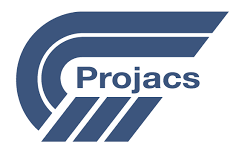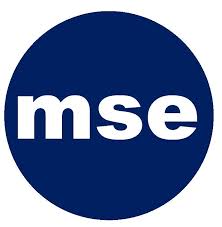Day 1:
Foundations of Leadership
Introduction to Leadership Effectiveness: Defining Key Concepts and Their Organizational Impact.
Overview of Leadership Theories: Trait Theory, Situational Leadership, Transformational Leadership.
The Role of Emotional Intelligence in Leadership: Understanding Self-Awareness and Empathy.
Self-Assessment Activity: Identifying Strengths and Development Areas Using Validated Tools.
Day 2:
Adaptive Leadership
Principles of Adaptive Leadership: Differentiating Between Technical Problems and Adaptive Challenges.
Case Study Analysis: Leading Through Uncertainty (e.g., Crisis Management During the Pandemic).
Tools for Diagnosing Adaptive Challenges Within Teams and Organizations.
Group Exercise: Designing Adaptive Solutions for Hypothetical Scenarios.
Day 3:
Emotional Intelligence and Team Dynamics
Core Components of Emotional Intelligence: Self-Regulation, Motivation, and Social Skills.
Building Trust and Psychological Safety Within Teams.
Strategies for Managing Interpersonal Relationships and Resolving Conflicts.
Role-Playing Simulation: Practicing Empathetic Communication Techniques.
Day 4:
Diversity, Equity, and Inclusion (DEI) in Leadership
The Business Case for DEI: Enhancing Innovation, Engagement, and Performance.
Unconscious Bias Training: Recognizing and Mitigating Implicit Biases.
Designing Inclusive Leadership Practices to Foster Belonging.
Panel Discussion with DEI Experts: Sharing Best Practices and Lessons Learned.
Day 5:
Change Management Frameworks
Introduction to Change Management Models: Kotter’s 8-Step Process and Lewin’s Change Model.
Overcoming Resistance to Change: Strategies for Effective Stakeholder Engagement.
Communicating Change: Crafting Clear and Compelling Messages.
Workshop: Developing a Change Management Plan for a Real-World Scenario.























































